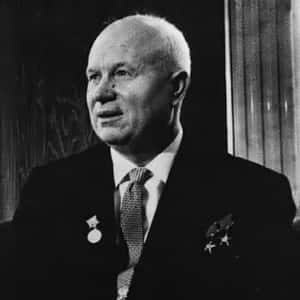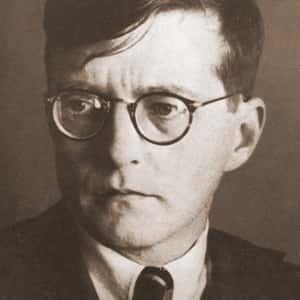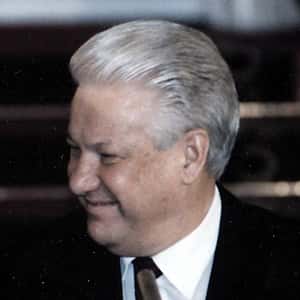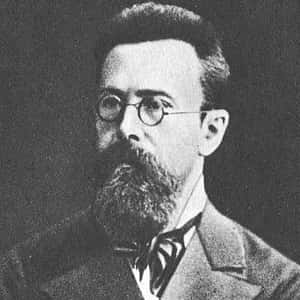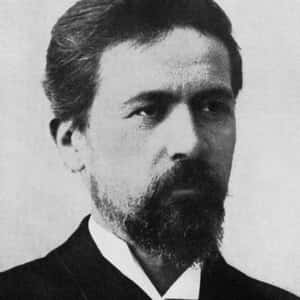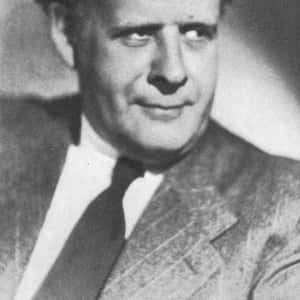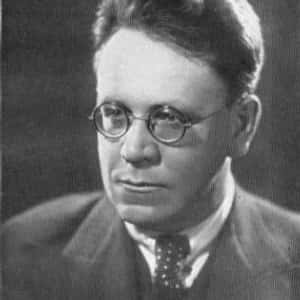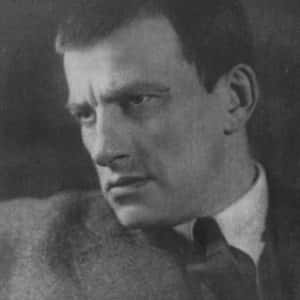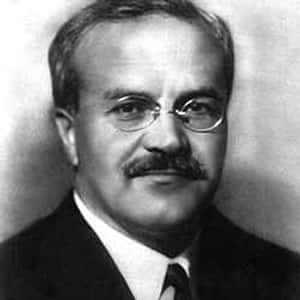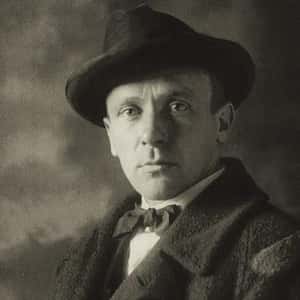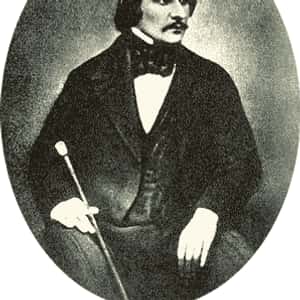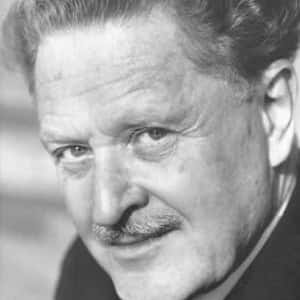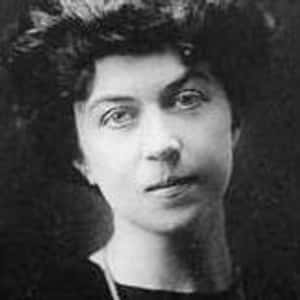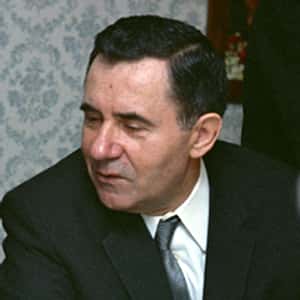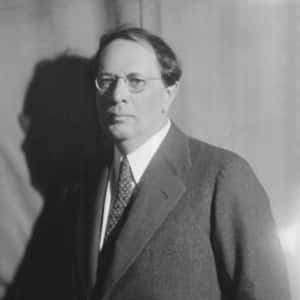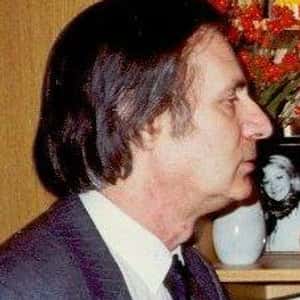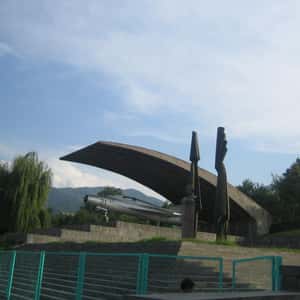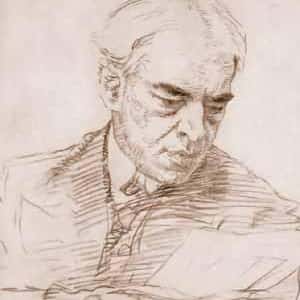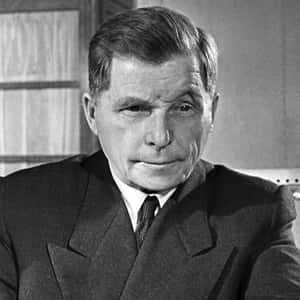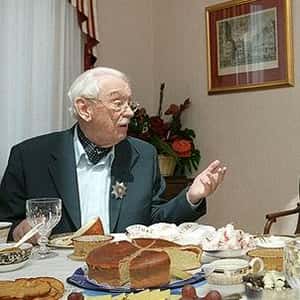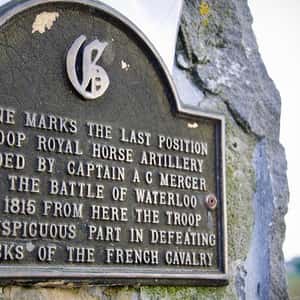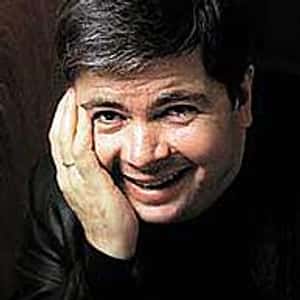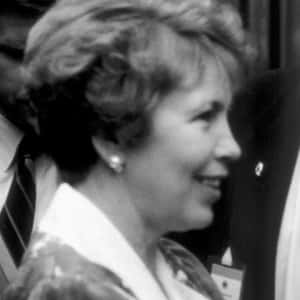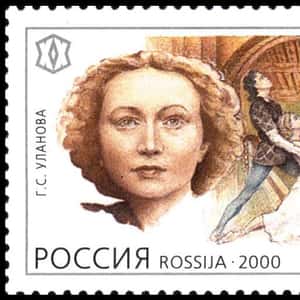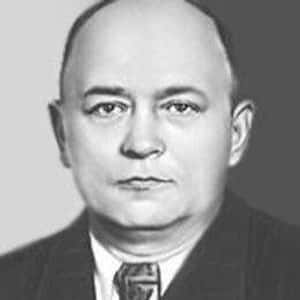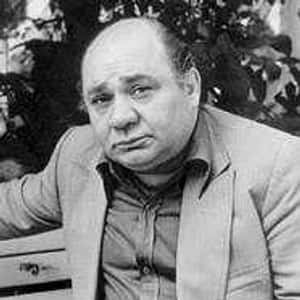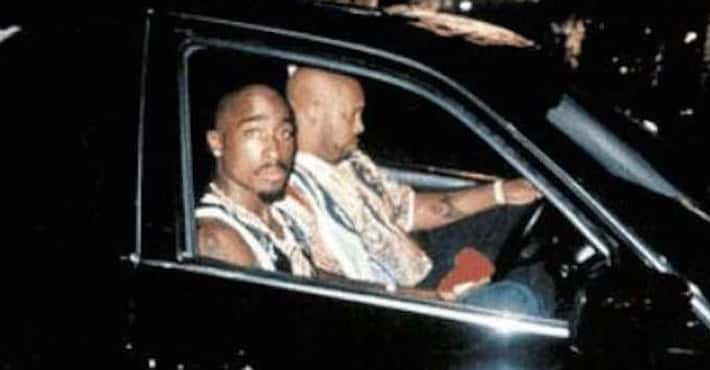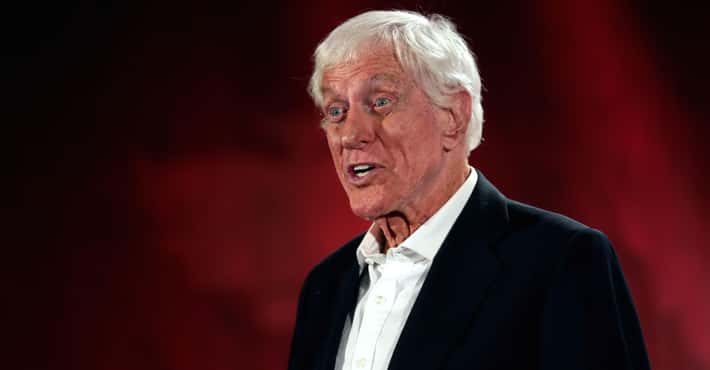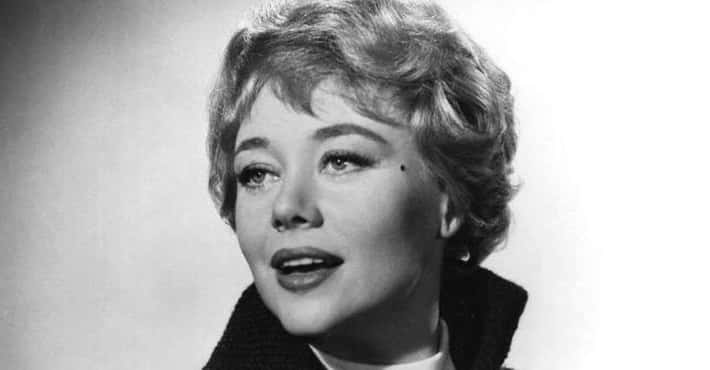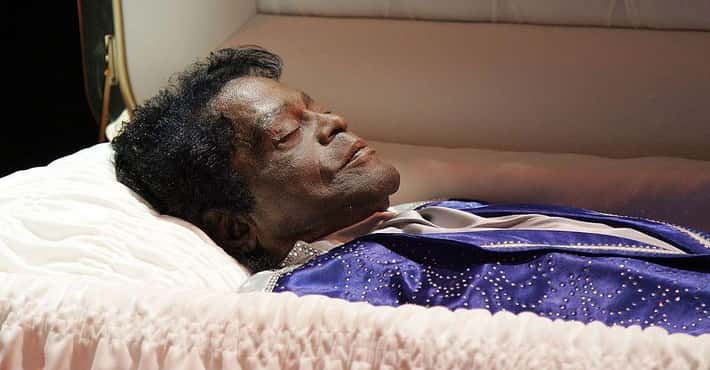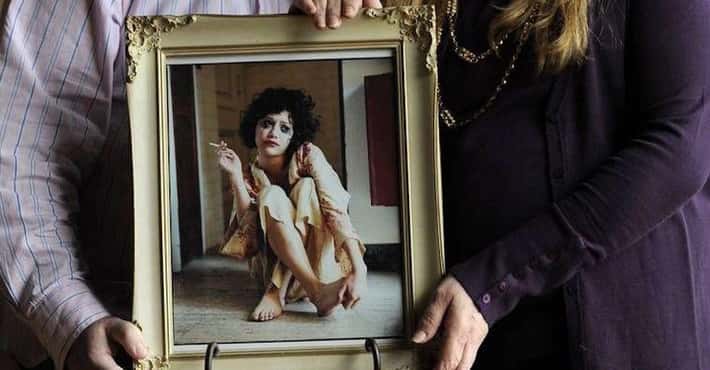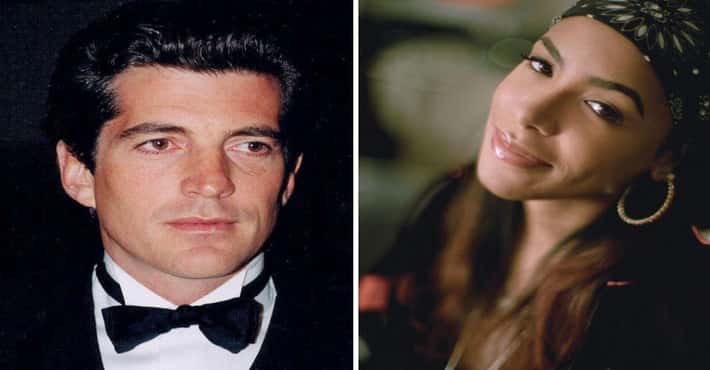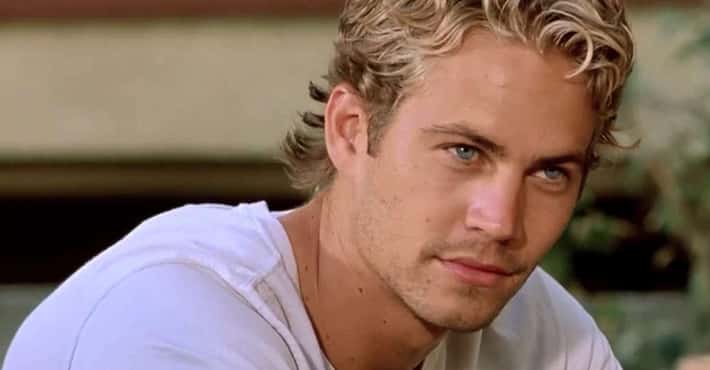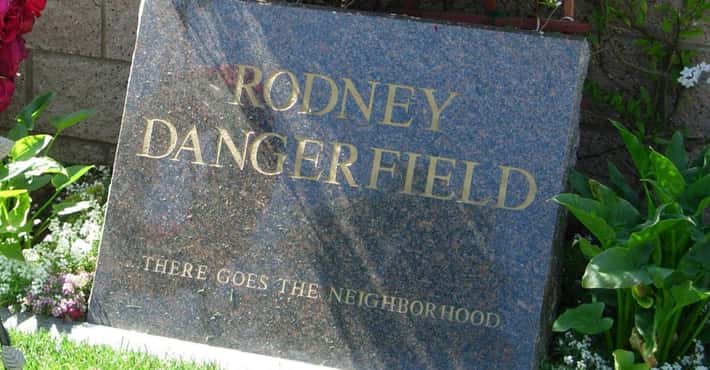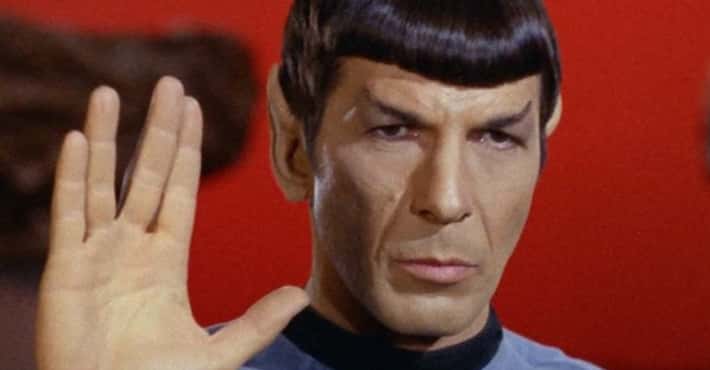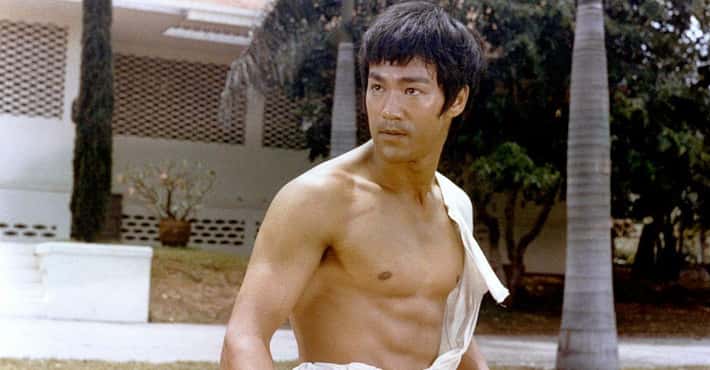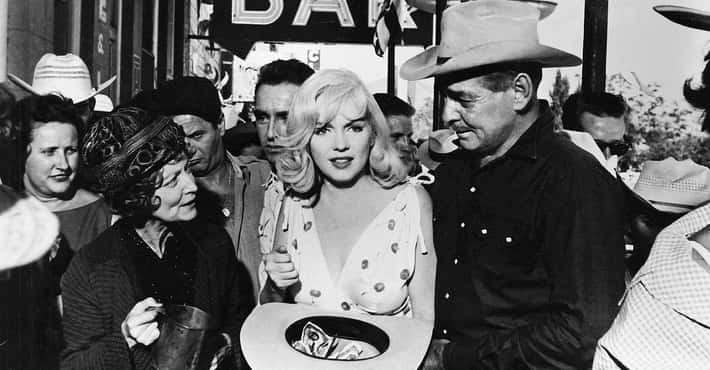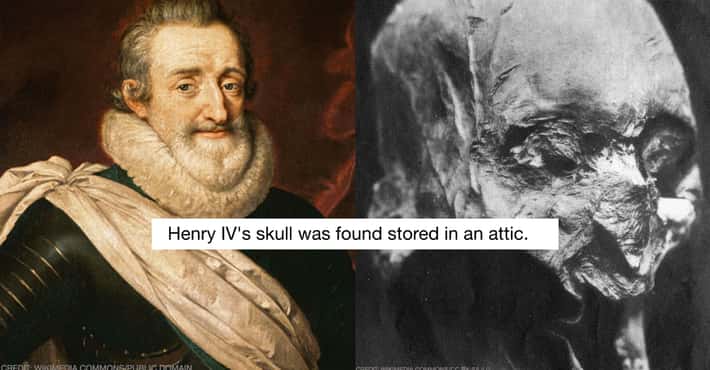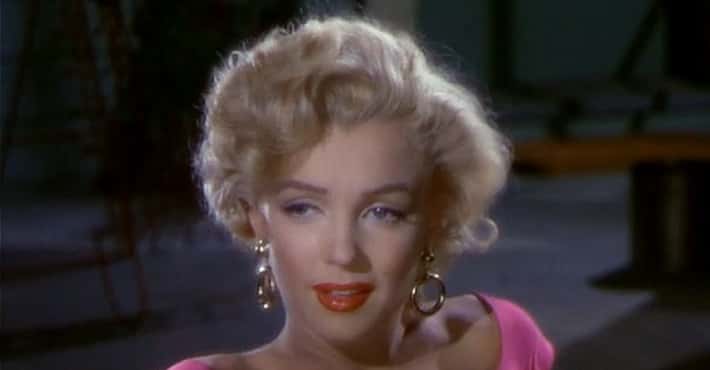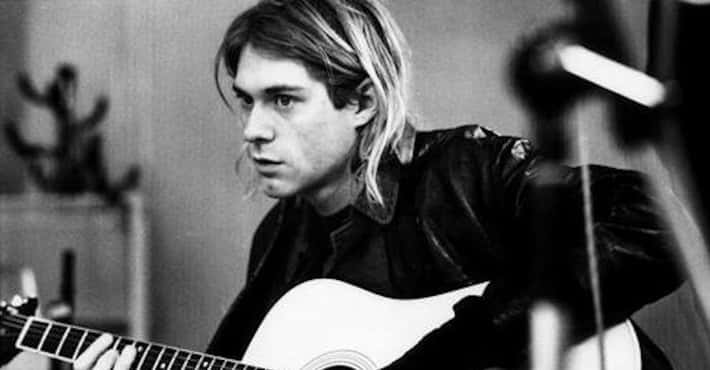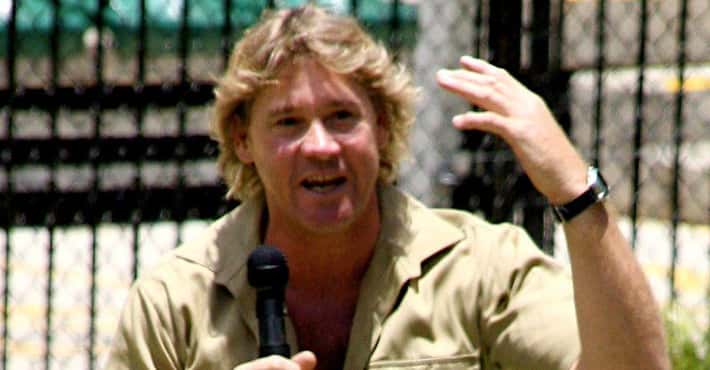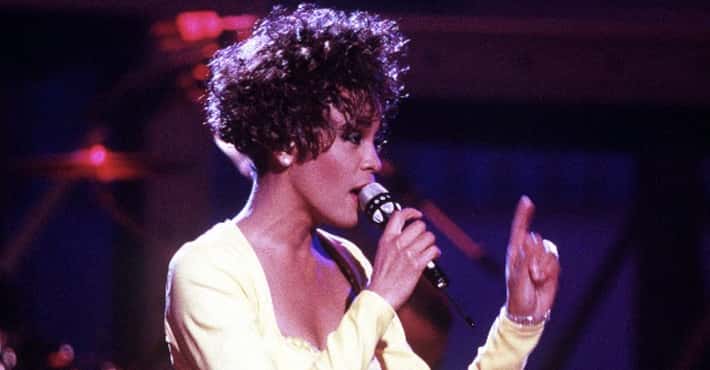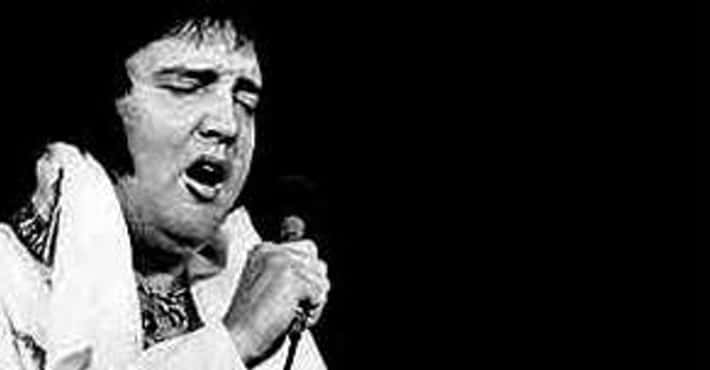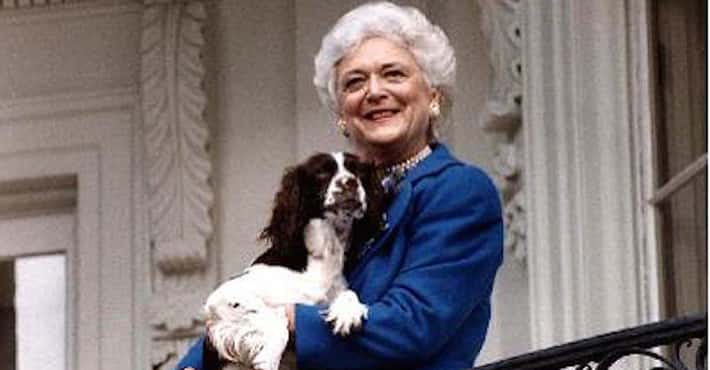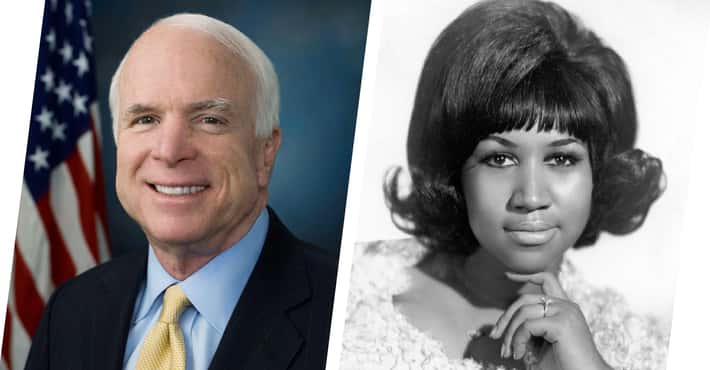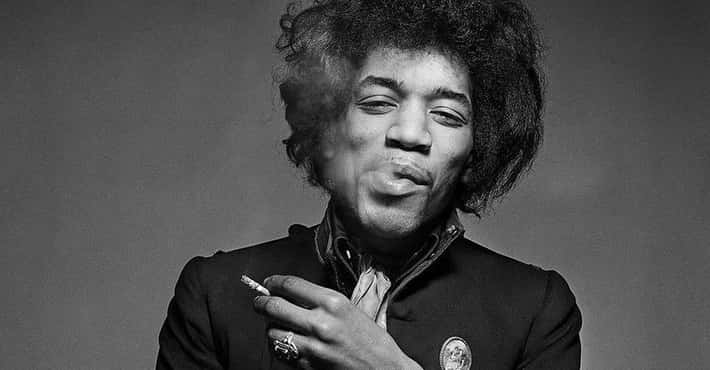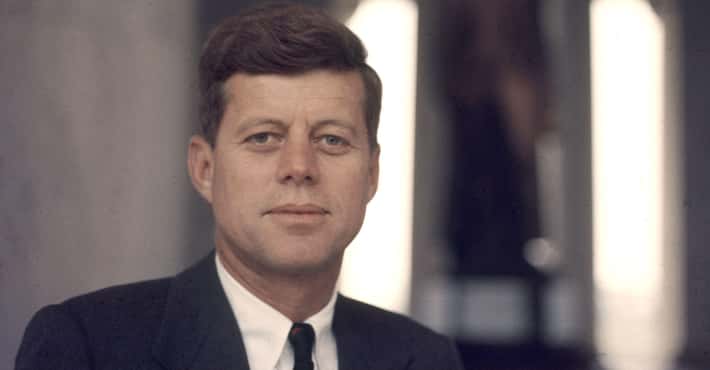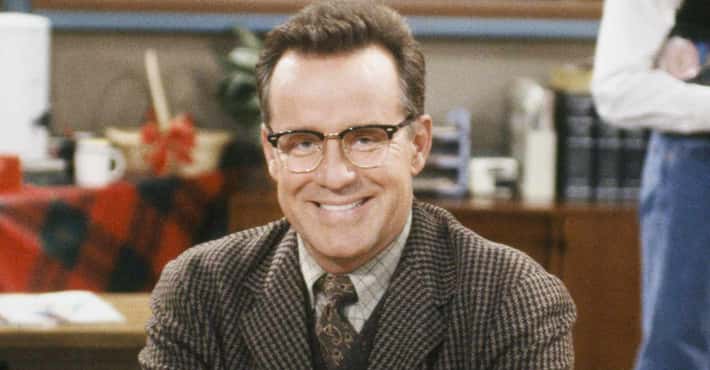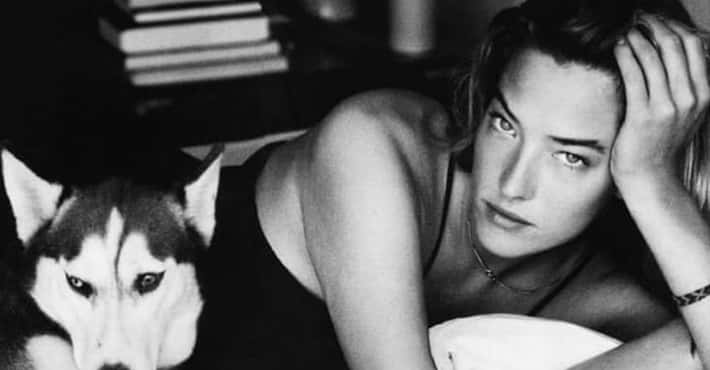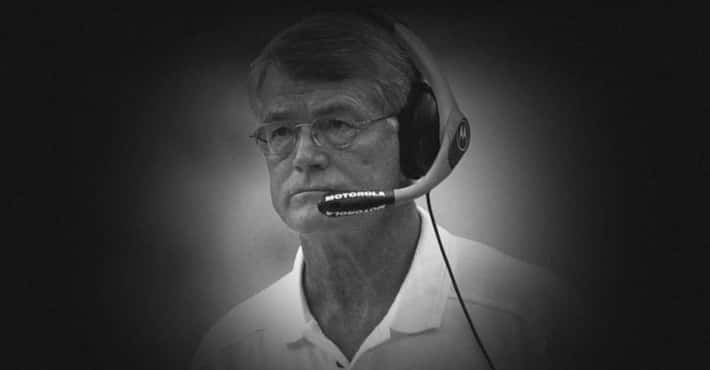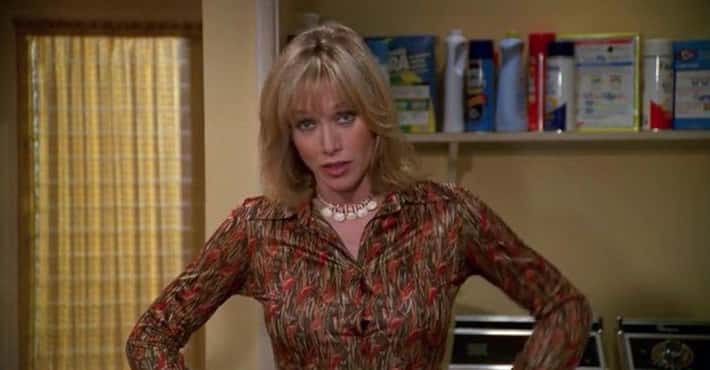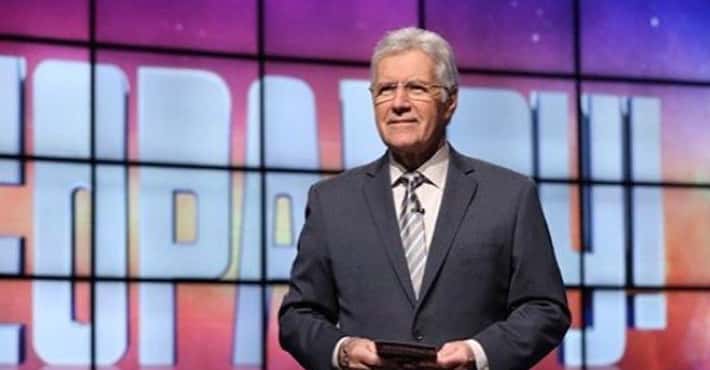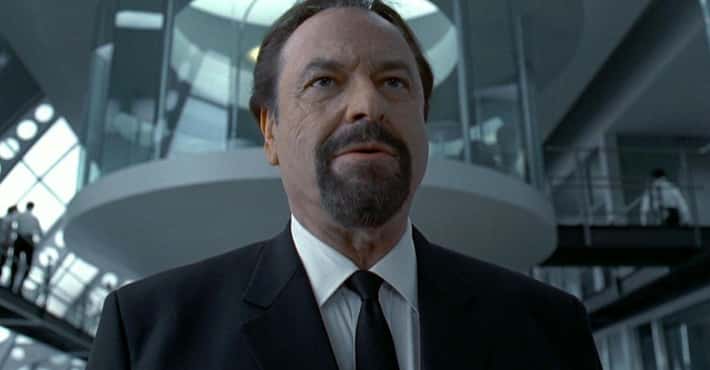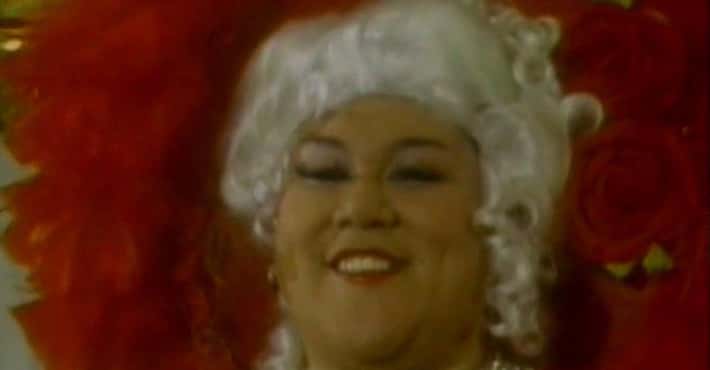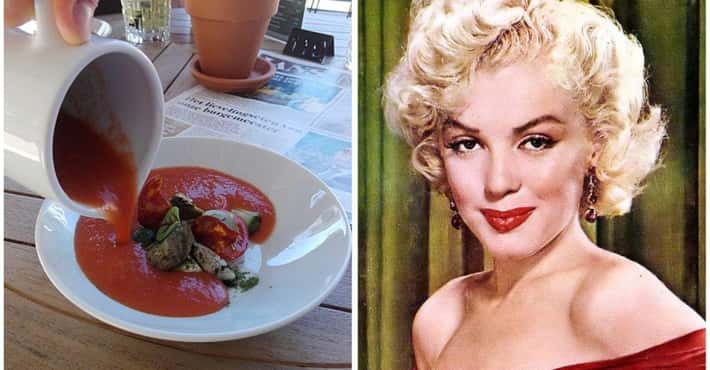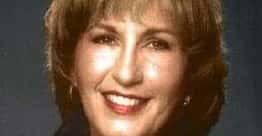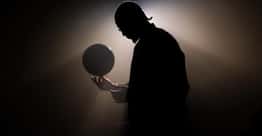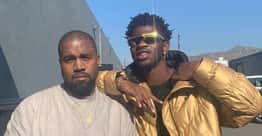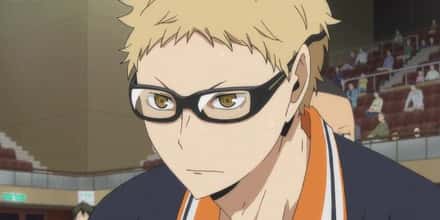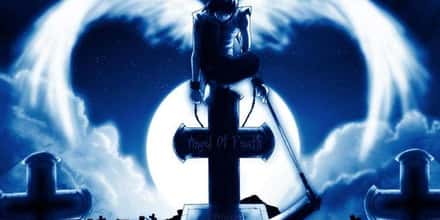Famous People Buried in Novodevichy Cemetery
- Dec. at 77 (1894-1971)Nikita Sergeyevich Khrushchev (15 April 1894 – 11 September 1971) was a Soviet statesman who led the Soviet Union during part of the Cold War as the First Secretary of the Communist Party of the Soviet Union from 1953 to 1964, and as Chairman of the Council of Ministers, or Premier, from 1958 to 1964. Khrushchev was responsible for the de-Stalinization of the Soviet Union, for backing the progress of the early Soviet space program, and for several relatively liberal reforms in areas of domestic policy. Khrushchev's party colleagues removed him from power in 1964, replacing him with Leonid Brezhnev as First Secretary and Alexei Kosygin as Premier. Khrushchev was born in 1894 in the village of Kalinovka, which is close to the present-day border between Russia and Ukraine. He was employed as a metal worker during his youth, and he was a political commissar during the Russian Civil War. With the help of Lazar Kaganovich, he worked his way up the Soviet hierarchy. He supported Joseph Stalin's purges, and approved thousands of arrests. In 1938, Stalin sent him to govern the Ukrainian SSR, and he continued the purges there. During what was known in the Soviet Union as the Great Patriotic War (Eastern Front of World War II), Khrushchev was again a commissar, serving as an intermediary between Stalin and his generals. Khrushchev was present at the bloody defense of Stalingrad, a fact he took great pride in throughout his life. After the war, he returned to Ukraine before being recalled to Moscow as one of Stalin's close advisers. On 5 March 1953, the death of Stalin triggered a power struggle in which Khrushchev emerged victorious after consolidating his First Secretary with that of the Council of Ministers. On 25 February 1956, at the 20th Party Congress, he delivered the "Secret Speech", which denounced Stalin's purges and ushered in a less repressive era in the Soviet Union. His domestic policies, aimed at bettering the lives of ordinary citizens, were often ineffective, especially in agriculture. Hoping eventually to rely on missiles for national defense, Khrushchev ordered major cuts in conventional forces. Despite the cuts, Khrushchev's rule saw the most tense years of the Cold War, culminating in the Cuban Missile Crisis. Khrushchev's popularity was eroded by flaws in his policies. This emboldened his potential opponents, who quietly rose in strength and deposed the Premier in October 1964. However, he did not suffer the deadly fate of previous Soviet power struggles, and was pensioned off with an apartment in Moscow and a dacha in the countryside. His lengthy memoirs were smuggled to the West and published in part in 1970. Khrushchev died in 1971 of a heart attack.More Nikita Khrushchev
- Dig Deeper...250+ Famous Aries Celebrities
- #254 of 309 onThe Most Important Leaders In World History
- #1733 of 3,183 onThe Most Influential People Of All Time
- Dec. at 68 (1906-1975)Dmitri Shostakovich, a luminary in the sphere of 20th-century classical music, was born on September 25, 1906, in Saint Petersburg, Russia. An only child in his family, Shostakovich displayed an early affinity for music, with his mother introducing him to piano lessons at the tender age of nine. His exceptional aptitude for music paved the way for his admission into Petrograd Conservatory in 1919, where he honed his craft under the tutelage of esteemed musicians like Alexander Glazunov and Maximilian Steinberg. Shostakovich first garnered international acclaim following the premiere of his Symphony No. 1 in 1926, which he composed as part of his graduation project at the conservatory. Despite the widespread socio-political unrest in Soviet Russia, Shostakovich's genius shone through in his wide-ranging body of work that included fifteen symphonies, six concerti, two operas, and a wealth of chamber music. His compositions often reflected the turmoil of his times, oscillating between expressions of fear, irony, and profound melancholy. Throughout his illustrious career, Shostakovich grappled with the stringent state control over artistic expression in the Soviet Union. He faced severe criticism from government authorities for his allegedly "formalist" style, particularly following the premiere of his opera, Lady Macbeth of the Mtsensk District. However, despite these challenges, Shostakovich remained unswervingly committed to his artistic vision. His resilience is perhaps most evident in his Symphony No. 5, which was met with tremendous public acclaim despite its covertly subversive undertones. Shostakovich passed away on August 9, 1975, leaving behind a legacy that continues to inspire musicians worldwide.
- Dec. at 76 (1931-2007)Boris Nikolayevich Yeltsin (Russian: Бори́с Никола́евич Е́льцин, IPA: [bɐˈrʲis nʲɪkɐˈlaɪvʲɪtɕ ˈjelʲtsɨn] (listen); 1 February 1931 – 23 April 2007) was a Soviet and Russian politician who served as the first President of the Russian Federation from 1991 to 1999. A member of the Communist Party of the Soviet Union from 1961 to 1990, he later stood as a political independent, during which time he was ideologically aligned with liberalism and Russian nationalism. Born in Butka, Sverdlovsk Oblast to a peasant family, Yeltsin grew up in Kazan. After studying at the Ural State Technical University, he worked in construction. Joining the Communist Party, which governed the Soviet Union as a one-party state according to Marxist-Leninist doctrine, he rose through its ranks and in 1976 became First Secretary of the party's Sverdlovsk Oblast committee. Initially a supporter of the perestroika reforms of Soviet leader Mikhail Gorbachev, Yeltsin later criticised them as being too moderate, calling for a transition to a multi-party representative democracy. In 1987 he was the first person to resign from the party's governing Politburo, establishing his popularity as an anti-establishment figure. In 1990, he was elected chair of the Russian Supreme Soviet and in 1991 was elected President of the Russian Soviet Federative Socialist Republic (RSFSR). Allying with various non-Russian nationalist leaders, he was instrumental in the formal dissolution of the Soviet Union in December that year, at which the RSFSR became the Russian Federation, an independent state. Yeltsin remained in office as president and was reelected in the 1996 election, although critics claimed pervasive electoral corruption. Yeltsin transformed Russia's state socialist economy into a capitalist market economy by implementing economic shock therapy, market exchange rate of the ruble, nationwide privatization, and lifting of price controls. Economic collapse and inflation ensued. Amid the economic shift, a small number of oligarchs obtained a majority of the national property and wealth, while international monopolies came to dominate the market. During the 1993 Russian constitutional crisis, Yeltsin ordered the unconstitutional dissolution of the Supreme Soviet parliament, which responded by attempting to remove him from office. In October 1993, troops loyal to Yeltsin stopped an armed uprising outside of the parliament building; he then introduced a new constitution. Secessionist sentiment in the Russian Caucasus led to the First Chechen War, War of Dagestan, and Second Chechen War between 1994 and 1999. Internationally, Yeltsin promoted renewed collaboration with Europe and signed arms control agreements with the United States. Amid growing internal pressure, in 1999 he resigned and was succeeded by his chosen successor, former Prime Minister Vladimir Putin. Out of office, he kept a low profile, although was later given a state funeral. Yeltsin was a controversial figure. Domestically he was highly popular in the late 1980s and early 1990s, although his reputation was damaged by the economic and political crises of his presidency and he left office widely unpopular with the Russian population. He received praise for his role in dismantling the Soviet Union, transforming Russia into a representative democracy, and introducing new political, economic, and cultural freedoms to the country. Conversely, he was accused of economic mismanagement, overseeing a massive growth in inequality and corruption, and of undermining Russia's standing as a major world power.
Nikolai Rimsky-Korsakov
Dec. at 64 (1844-1908)Nikolai Andreyevich Rimsky-Korsakov (Russian: Николай Андреевич Римский-Корсаков, IPA: [nʲɪkəˈlaj ɐnˈdrʲejɪvʲɪtɕ ˈrʲimskʲɪj ˈkorsəkəf] (listen); 18 March [O.S. 6 March] 1844 – 21 June [O.S. 8 June] 1908) was a Russian composer, and a member of the group of composers known as The Five. He was a master of orchestration. His best-known orchestral compositions—Capriccio Espagnol, the Russian Easter Festival Overture, and the symphonic suite Scheherazade—are staples of the classical music repertoire, along with suites and excerpts from some of his 15 operas. Scheherazade is an example of his frequent use of fairy-tale and folk subjects. Rimsky-Korsakov believed in developing a nationalistic style of classical music, as did his fellow-composer Mily Balakirev and the critic Vladimir Stasov. This style employed Russian folk song and lore along with exotic harmonic, melodic and rhythmic elements in a practice known as musical orientalism, and eschewed traditional Western compositional methods. Rimsky-Korsakov appreciated Western musical techniques after he became a professor of musical composition, harmony, and orchestration at the Saint Petersburg Conservatory in 1871. He undertook a rigorous three-year program of self-education and became a master of Western methods, incorporating them alongside the influences of Mikhail Glinka and fellow members of The Five. Rimsky-Korsakov's techniques of composition and orchestration were further enriched by his exposure to the works of Richard Wagner. For much of his life, Rimsky-Korsakov combined his composition and teaching with a career in the Russian military—at first as an officer in the Imperial Russian Navy, then as the civilian Inspector of Naval Bands. He wrote that he developed a passion for the ocean in childhood from reading books and hearing of his older brother's exploits in the navy. This love of the sea may have influenced him to write two of his best-known orchestral works, the musical tableau Sadko (not to be confused with his later opera of the same name) and Scheherazade. As Inspector of Naval Bands, Rimsky-Korsakov expanded his knowledge of woodwind and brass playing, which enhanced his abilities in orchestration. He passed this knowledge to his students, and also posthumously through a textbook on orchestration that was completed by his son-in-law, Maximilian Steinberg. Rimsky-Korsakov left a considerable body of original Russian nationalist compositions. He prepared works by The Five for performance, which brought them into the active classical repertoire (although there is controversy over his editing of the works of Modest Mussorgsky), and shaped a generation of younger composers and musicians during his decades as an educator. Rimsky-Korsakov is therefore considered "the main architect" of what the classical-music public considers the "Russian style" of composition. His influence on younger composers was especially important, as he served as a transitional figure between the autodidactism exemplified by Glinka and The Five, and professionally trained composers which would become the norm in Russia by the closing years of the 19th century. While Rimsky-Korsakov's style was based on those of Glinka, Balakirev, Hector Berlioz, Franz Liszt and, for a brief period, Wagner, he "transmitted this style directly to two generations of Russian composers" and influenced non-Russian composers including Maurice Ravel, Claude Debussy, Paul Dukas, and Ottorino Respighi.- #139 of 1,151 onThe Greatest Musical Artists of All Time
- #28 of 252 onThe Best Classical Composers
- #166 of 188 onWhich Artist Would You Bring Back From The Dead To Write One More Song?
- Dec. at 44 (1860-1904)Anton Pavlovich Chekhov (Russian: Антон Павлович Чехов, tr. Antón Pávlovič Čéhov, IPA: [ɐnˈton ˈpavɫəvʲɪtɕ ˈtɕɛxəf]; 29 January 1860 – 15 July 1904) was a Russian playwright and short-story writer, who is considered to be among the greatest writers of short fiction in history. His career as a playwright produced four classics, and his best short stories are held in high esteem by writers and critics. Along with Henrik Ibsen and August Strindberg, Chekhov is often referred to as one of the three seminal figures in the birth of early modernism in the theatre. Chekhov practiced as a medical doctor throughout most of his literary career: "Medicine is my lawful wife", he once said, "and literature is my mistress."Chekhov renounced the theatre after the reception of The Seagull in 1896, but the play was revived to acclaim in 1898 by Konstantin Stanislavski's Moscow Art Theatre, which subsequently also produced Chekhov's Uncle Vanya and premiered his last two plays, Three Sisters and The Cherry Orchard. These four works present a challenge to the acting ensemble as well as to audiences, because in place of conventional action Chekhov offers a "theatre of mood" and a "submerged life in the text".Chekhov had at first written stories to earn money, but as his artistic ambition grew, he made formal innovations which have influenced the evolution of the modern short story. He made no apologies for the difficulties this posed to readers, insisting that the role of an artist was to ask questions, not to answer them.More Anton Chekhov
- Dig Deeper...The Best Anton Chekhov Short Stories
- And Deeper...Famous Poets And Writers Who Died Of Tuberculosis
- #14 of 508 onThe 500+ Best Writers of All Time
- Dec. at 50 (1898-1948)Sergei Mikhailovich Eisenstein (Russian: Сергей Михайлович Эйзенштейн, IPA: [sʲɪrˈɡʲej mʲɪˈxajləvʲɪtɕ ɪjzʲɪnˈʂtʲejn], tr. Sergey Mikhaylovich Eizenshteyn; 22 January [O.S. 10 January] 1898 – 11 February 1948) was a Soviet film director and film theorist, a pioneer in the theory and practice of montage. He is noted in particular for his silent films Strike (1925), Battleship Potemkin (1925) and October (1928), as well as the historical epics Alexander Nevsky (1938) and Ivan the Terrible (1944, 1958). In its decennial poll, the magazine Sight & Sound named his Battleship Potemkin the 11th greatest movie of all time.More Sergei Eisenstein
- Dig Deeper...The Best Movies Directed by Sergei Eisenstein
- #77 of 324 onThe Greatest Directors In Movie History
- #33 of 101 onThe Greatest Auteurs in Film History
- Dec. at 76 (1887-1964)Samuil Yakovlevich Marshak (alternative spelling: Samuil Yakovlevich Marchak) (Russian: Самуи́л Я́ковлевич Марша́к; 3 November [O.S. 22 October] 1887 – 4 July 1964) was a Russian and Soviet writer of Jewish origin, translator and children's poet. He translated the sonnets and some other of the works of William Shakespeare, English poetry (including poems for children), and poetry from other languages. Maxim Gorky proclaimed Marshak to be "the founder of Russia's (Soviet) children's literature."
- Dec. at 36 (1893-1930)Vladimir Vladimirovich Mayakovsky (; Russian: Влади́мир Влади́мирович Маяко́вский; 19 July [O.S. 7 July] 1893 – 14 April 1930) was a Soviet poet, playwright, artist, and actor. During his early, pre-Revolution period leading into 1917, Mayakovsky became renowned as a prominent figure of the Russian Futurist movement, being among the signers of the Futurist manifesto, A Slap in the Face of Public Taste (1913), and writing such poems as "A Cloud in Trousers" (1915) and "Backbone Flute" (1916). Mayakovsky produced a large and diverse body of work during the course of his career: he wrote poems, wrote and directed plays, appeared in films, edited the art journal LEF, and created agitprop posters in support of the Communist Party during the Russian Civil War. Though Mayakovsky's work regularly demonstrated ideological and patriotic support for the ideology of the Communist Party and a strong admiration of Vladimir Lenin, Mayakovsky's relationship with the Soviet state was always complex and often tumultuous. Mayakovsky often found himself engaged in confrontation with the increasing involvement of the Soviet State in cultural censorship and the development of the State doctrine of Socialist realism. Works that contained criticism or satire of aspects of the Soviet system, such as the poem "Talking With the Taxman About Poetry" (1926), and the plays The Bedbug (1929) and The Bathhouse (1929), were met with scorn by the Soviet state and literary establishment. In 1930 Mayakovsky committed suicide. Even after death his relationship with the Soviet state remained unsteady. Though Mayakovsky had previously been harshly criticized by Soviet governmental bodies such as the Russian Association of Proletarian Writers (RAPP), Premier Joseph Stalin described Mayakovsky after his death as "the best and the most talented poet of our Soviet epoch."
- Dec. at 96 (1890-1986)Vyacheslav Mikhailovich Molotov (; né Skryabin; (OS 25 February) 9 March 1890 – 8 November 1986) was a Soviet politician and diplomat, an Old Bolshevik, and a leading figure in the Soviet government from the 1920s, when he rose to power as a protégé of Joseph Stalin. Molotov served as Chairman of the Council of People's Commissars (Premier) from 1930 to 1941, and as Minister of Foreign Affairs from 1939 to 1949 and from 1953 to 1956. He served as First Deputy Premier from 1942 to 1957, when he was dismissed from the Presidium of the Central Committee by Nikita Khrushchev. Molotov was removed from all positions in 1961 after several years of obscurity. Molotov was the principal Soviet signatory of the Nazi–Soviet non-aggression pact of 1939 (also known as the Molotov–Ribbentrop Pact), whose most important provisions were added in the form of a secret protocol that stipulated an invasion of Poland and partition of its territory between Nazi Germany and the Soviet Union. He was aware of the Katyn massacre committed by the Soviet authorities during this period. After World War II (Great Patriotic War), Molotov was involved in negotiations with the Western allies, in which he became noted for his diplomatic skills. He retained his place as a leading Soviet diplomat and politician until March 1949, when he fell out of Stalin's favour and lost the foreign affairs ministry leadership to Andrei Vyshinsky. Molotov's relationship with Stalin deteriorated further, with Stalin criticising Molotov in a speech to the 19th Party Congress. However, after Stalin's death in 1953, Molotov was staunchly opposed to Khrushchev's de-Stalinisation policy. Molotov defended Stalin's policies and legacy until his death in 1986, and harshly criticised Stalin's successors, especially Khrushchev.
Mikhail Bulgakov
Dec. at 48 (1891-1940)Mikhail Afanasyevich Bulgakov (Russian: Михаи́л Афана́сьевич Булга́ков, IPA: [mʲɪxɐˈil ɐfɐˈnasʲjɪvʲɪtɕ bʊlˈɡakəf]; 15 May [O.S. 3 May] 1891 – 10 March 1940) was a Russian writer, medical doctor and playwright active in the first half of the 20th century. He is best known for his novel The Master and Margarita, published posthumously, which has been called one of the masterpieces of the 20th century.- Dec. at 42 (1809-1852)Nikolai Vasilievich Gogol (31 March 1809 – 4 March 1852) was a Russian dramatist of Ukrainian origin.Although Gogol was considered by his contemporaries to be one of the preeminent figures of the natural school of Russian literary realism, later critics have found in his work a fundamentally romantic sensibility, with strains of surrealism and the grotesque ("The Nose", "Viy", "The Overcoat", "Nevsky Prospekt"). His early works, such as Evenings on a Farm Near Dikanka, were influenced by his Ukrainian upbringing, Ukrainian culture and folklore. His later writing satirised political corruption in the Russian Empire (The Government Inspector, Dead Souls). The novel Taras Bulba (1835) and the play Marriage (1842), along with the short stories "Diary of a Madman", "The Tale of How Ivan Ivanovich Quarreled with Ivan Nikiforovich", "The Portrait" and "The Carriage", are also among his best-known works.
- Dec. at 61 (1902-1963)Nâzım Hikmet Ran (15 January 1902 – 3 June 1963), commonly known as Nâzım Hikmet (Turkish pronunciation: [ˈnaːzɯm ˈhikmet] (listen)) was a Turkish poet, playwright, novelist, screenwriter, director and memoirist. He was acclaimed for the "lyrical flow of his statements". Described as a "romantic communist" and "romantic revolutionary", he was repeatedly arrested for his political beliefs and spent much of his adult life in prison or in exile. His poetry has been translated into more than fifty languages.
- Dec. at 79 (1872-1952)Alexandra Mikhailovna Kollontai (Russian: Алекса́ндра Миха́йловна Коллонта́й — née Domontovich, Домонто́вич; 31 March [O.S. 19 March] 1872 – 9 March 1952) was a Marxist revolutionary, first as a member of the Mensheviks, then from 1915 on as a Bolshevik (later Communist). In 1922, Kollontai was appointed a diplomatic counsellor to the Soviet legation in Norway, being soon promoted to head of the legation, one of the first women to hold such a post.
- Dec. at 79 (1909-1989)Andrei Andreyevich Gromyko (Russian: Андре́й Андре́евич Громы́ко; Belarusian: Андрэ́й Андрэ́евіч Грамы́ка; 18 July [O.S. 5 July] 1909 – 2 July 1989) was a Soviet Belarusian communist politician during the Cold War. He served as Minister of Foreign Affairs (1957–1985) and as Chairman of the Presidium of the Supreme Soviet (1985–1988). Gromyko was responsible for many top decisions on Soviet foreign policy until he retired in 1988. In the 1940s Western pundits called him Mr. Nyet ("Mr. No") or "Grim Grom", because of his frequent use of the Soviet veto in the United Nations Security Council. Gromyko's political career started in 1939 with his employment at the People's Commissariat for Foreign Affairs (renamed Ministry of Foreign Affairs in 1946). He became the Soviet ambassador to the United States in 1943, leaving that position in 1946 to become the Soviet Permanent Representative to the United Nations. Upon his return to the Soviet Union he became a Deputy Minister of Foreign Affairs and later the First Deputy Minister of Foreign Affairs. He went on to become the Soviet ambassador to the United Kingdom in 1952. During his tenure as Foreign Minister of the Soviet Union, Gromyko was directly involved in the Cuban Missile Crisis and helped broker a peace treaty ending the 1965 Indo-Pakistani War. Under Brezhnev's leadership, he played a central role in the establishment of detente with the United States through his negotiation of the ABM Treaty, the Nuclear Test Ban Treaty, and SALT I & II, among others. As Brezhnev's health declined during the final years of his leadership, Gromyko formed a troika with KGB Chairman Yuri Andropov and Defense Minister Dmitriy Ustinov that increasingly dominated decision-making in Moscow. Henceforth, Gromyko's conservatism and hardline attitudes towards the West dictated the course of Soviet foreign policy until the rise of Mikhail Gorbachev in 1985. Following Gorbachev's election as General Secretary, Gromyko lost his office as foreign minister and was appointed to the largely ceremonial office of head of state. Subsequently, he retired from political life in 1988, and died the following year in Moscow.
- Dec. at 62 (1883-1945)Aleksey Nikolayevich Tolstoy (Russian: Алексе́й Никола́евич Толсто́й; 10 January 1883 [O.S. 29 December 1882] – 23 February 1945), nicknamed the Comrade Count, was a Russian and Soviet writer who wrote in many genres but specialized in science fiction and in historical novels. During World War II he served on the Extraordinary State Commission of 1942-1947 which "ascertained without reasonable doubt" the mass extermination of people in gas vans by the German occupiers. During the Nuremberg Trials of Nazi war criminals, Soviet prosecutors recognized his work in the investigation of atrocities committed in the Stavropol region.
Boris Alexandrovich Alexandrov
Dec. at 88 (1905-1994)Boris Alexandrovič Alexandrov (Russian: Борис Александрович Александров; 4 August 1905 in Bologoye – 17 June 1994 in Moscow) was a Soviet Russian composer, and, from 1946 to 1986, the second head of the Alexandrov Ensemble which was founded by his father, Alexander Vasilyevich Alexandrov. Alexandrov reached the rank of Major-General and was awarded the order of Hero of Socialist Labour, the Lenin Prize and the State Prize of the USSR, and named People's Artist of the USSR. Music by Alexandrov is used for the Anthem of Transnistria.- Dec. at 63 (1934-1998)Alfred Garrievich Schnittke (Russian: Альфре́д Га́рриевич Шни́тке, Alfred Garrievich Shnitke; November 24, 1934 – August 3, 1998) was a Soviet and German composer. Schnittke's early music shows the strong influence of Dmitri Shostakovich. He developed a polystylistic technique in works such as the epic Symphony No. 1 (1969–1972) and his first concerto grosso (1977). In the 1980s, Schnittke's music began to become more widely known abroad with the publication of his second (1980) and third (1983) string quartets and the String Trio (1985); the ballet Peer Gynt (1985–1987); the third (1981), fourth (1984), and fifth (1988) symphonies; and the viola concerto (1985) and first cello concerto (1985–1986). As his health deteriorated, Schnittke's music started to abandon much of the extroversion of his polystylism and retreated into a more withdrawn, bleak style.More Alfred Schnittke
- #149 of 252 onThe Best Classical Composers
- #16 of 32 onThe Best Russian Composers of All Time
- #3 of 9 onThe Best Aleatoric Composers
- Dec. at 65 (1905-1970)Artem (Artyom) Ivanovich Mikoyan (Russian: Артём Ива́нович Микоя́н; Armenian: Արտյոմ (Անուշավան) Հովհաննեսի Միկոյան, romanized: Artyom (Anushavan) Hovhannesi Mikoyan; 5 August [O.S. 23 July] 1905 – 9 December 1970) was a Soviet Armenian aircraft designer. In partnership with Mikhail Gurevich he designed many of the famous MiG military aircraft.
- Dec. at 72 (1900-1973)Aleksandr Lukich Ptushko (Russian: Алекса́ндр Луки́ч Птушко́, Ukrainian: Олександр Лукич Птушко; 19 April [O.S. 6 April] 1900 – 6 March 1973) was a Soviet animation and fantasy film director, and Meritorious Artist of the RSFSR. Ptushko is frequently (and somewhat misleadingly) referred to as "the Soviet Walt Disney," due to his prominent early role in animation in the Soviet Union, though a more accurate comparison would be to Willis O'Brien or Ray Harryhausen. Some critics, such as Tim Lucas and Alan Upchurch, have also compared Ptushko to Italian filmmaker Mario Bava, who made fantasy and horror films with similarities to Ptushko's work and made similarly innovative use of color cinematography and special effects. He began his film career as a director and animator of stop-motion short films, and became a director of feature-length films combining live-action, stop-motion, creative special effects, and Russian mythology. Along the way he would be responsible for a number of firsts in Russian film history (including the first feature-length animated film, and the first film in color), and would make several extremely popular and internationally praised films full of visual flair and spectacle.
- Dec. at 75 (1863-1938)Konstantin Sergeievich Stanislavski (né Alexeiev; Russian: Константи́н Серге́евич Станисла́вский; 17 January [O.S. 5 January] 1863 – 7 August 1938) was a seminal Russian theatre practitioner. He was widely recognised as an outstanding character actor and the many productions that he directed garnered him a reputation as one of the leading theatre directors of his generation. His principal fame and influence, however, rests on his 'system' of actor training, preparation, and rehearsal technique.Stanislavski (his stage name) performed and directed as an amateur until the age of 33, when he co-founded the world-famous Moscow Art Theatre (MAT) company with Vladimir Nemirovich-Danchenko, following a legendary 18-hour discussion. Its influential tours of Europe (1906) and the US (1923—4) and its landmark productions of The Seagull (1898) and Hamlet (1911—12) established his reputation and opened new possibilities for the art of the theatre. By means of the MAT, Stanislavski was instrumental in promoting the new Russian drama of his day—principally the work of Anton Chekhov, Maxim Gorky, and Mikhail Bulgakov—to audiences in Moscow and around the world; he also staged acclaimed productions of a wide range of classical Russian and European plays.He collaborated with the director and designer Edward Gordon Craig and was formative in the development of several other major practitioners, including Vsevolod Meyerhold (whom Stanislavski considered his "sole heir in the theatre"), Yevgeny Vakhtangov, and Michael Chekhov. At the MAT's 30-year anniversary celebrations in 1928, a massive heart attack on-stage put an end to his acting career (though he waited until the curtain fell before seeking medical assistance). He continued to direct, teach, and write about acting until his death a few weeks before the publication of the first volume of his life's great work, the acting manual An Actor's Work (1938). He was awarded the Order of the Red Banner and the Order of Lenin and was one of the first to be granted the title of People's Artist of the USSR.Stanislavski wrote that "there is nothing more tedious than an actor's biography" and that "actors should be banned from talking about themselves". At the request of a US publisher, however, he reluctantly agreed to write his autobiography, My Life in Art (first published in English in 1924 and in a revised, Russian-language edition in 1926), though its account of his artistic development is not always accurate. Two English-language biographies have been published: David Magarshack's Stanislavsky: A Life (1950) and Jean Benedetti's Stanislavski: His Life and Art (1988, revised and expanded 1999).
- Dec. at 82 (1894-1977)Sergey Vladimirovich Ilyushin (Russian: Серге́й Владимирович Илью́шин; 30 March [O.S. 18 March] 1894 – 9 February 1977) was a Soviet aircraft designer who founded the Ilyushin aircraft design bureau.
- Dec. at 96 (1913-2009)Sergey Vladimirovich Mikhalkov (Russian: Серге́й Влади́мирович Михалко́в; 13 March [O.S. 28 February] 1913 − 27 August 2009) was a Soviet and Russian author of children's books and satirical fables who had the opportunity to write the lyrics of his country's national anthem on three different occasions, spanning almost 60 years.
- Dec. at 84 (1888-1972)Andrei Nikolayevich Tupolev (Russian: Андрей Николаевич Туполев; 29 October [O.S. 10 November] 1888 – 23 December 1972) was a pioneering Soviet aircraft designer. During his career, he designed and oversaw the design of more than 100 types of aircraft, some of which set 78 world records. In recognition of his work, he was made an honorary member of Britain's Royal Aeronautical Society and the American Institute of Aeronautics and Astronautics.He was honoured in his own country by being made an academician of the Russian Academy of Sciences (1953), Colonel-General (1968), and three times a Hero of Socialist Labor (1945, 1957, 1972).
- Dec. at 74 (1920-1994)Sergei Fedorovich Bondarchuk (Russian: [sʲɪrˈɡʲej ˈfʲɵdərəvʲɪtɕ bəndɐrˈtɕuk]; Russian: Серге́й Фё́дорович Бондарчу́к; Ukrainian: Сергі́й Фе́дорович Бондарчу́к, Serhiy Fedorovych Bondarchuk; 25 September 1920 – 20 October 1994) was an Academy Award-winning Soviet film director, screenwriter and actor.
- Dec. at 39 (1960-2000)Artyom Genrikhovich Borovik (Russian: Артём Ге́нрихович Борови́к, IPA: [ɐrˈtʲɵm ˈɡʲenrʲɪxəvʲɪtɕ bərɐˈvʲik]; 13 September 1960 – 9 March 2000) was a Russian journalist and media magnate. He was the son of a Soviet journalist, Genrikh Borovik, who worked for many years as a foreign correspondent in the U.S.
- Dec. at 73 (1902-1976)Mikhail Yanshin was an actor.
- Dec. at 67 (1932-1999)Raisa Maximovna Gorbacheva (Russian: Раиса Максимовна Горбачёва tr. Raisa Maksimovna Gorbachyova, née Titarenko, Титаренко; 5 January 1932 – 20 September 1999) was a Russian activist who was the wife of Soviet leader Mikhail Gorbachev. She raised funds for the preservation of Russian cultural heritage, fostering of new talent, and treatment programs for children's blood cancer.
- Dec. at 88 (1910-1998)Galina Sergeyevna Ulanova (Russian: Гали́на Серге́евна Ула́нова pronounced [ɡɐˈlʲinə ʊˈlanəvə], 8 January 1910 [O.S. 26 December 1909] – 21 March 1998) was a Russian ballet dancer. She is frequently cited as being one of the greatest ballerinas of the 20th century.
- Dec. at 60 (1902-1963)Vissarion Yakovlevich Shebalin (Russian: Виссарио́н Я́ковлевич Шебали́н; 11 June [O.S. 29 May] 1902 – 29 May 1963) was a Soviet composer.
- Dec. at 67 (1926-1994)Eugene Pavlovich Leonov (Russian: Евгений Павлович Леонов; 2 September 1926 – 29 January 1994) was a famous Russian/Soviet actor who played main parts in several of the most famous Soviet films, such as Gentlemen of Fortune, Mimino and Striped Trip. Called "one of Russia's best-loved actors", he also provided the voice for many Soviet cartoon characters, including Vinny Pukh (Winnie-the-Pooh).


